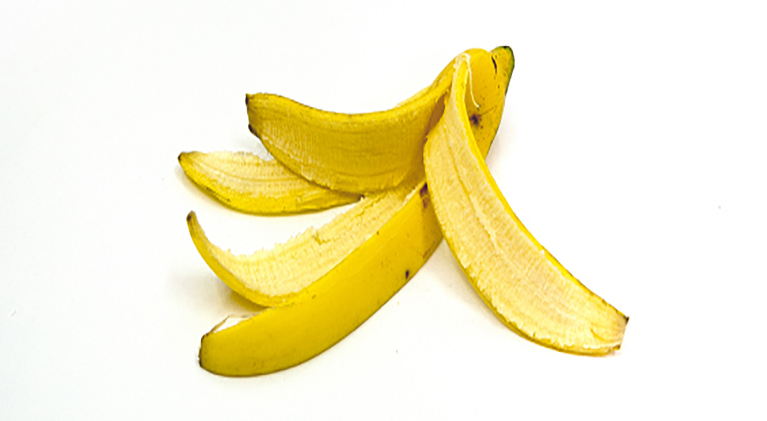If you don’t think food waste is a problem, consider this: It’s estimated that over 40 percent of all food produced in the US is wasted. Every year, U.S. retailers throw out 43 billion pounds of produce–that’s over 1 trillion dollars worth of food sent to the landfill. And food waste just happens to be the largest component of what ends up in our dumps. Plus once in our dumps, the food waste breaks down, emitting methane gas into the atmosphere, which is a whole other difficulty for our planet.
So, yes, it’s a problem.
Reducing food waste by only 15 percent would save enough food to feed more than 25 million Americans annually and if 25 percent of the food currently wasted could be saved, it would be enough to feed 870 million people around the world.
On the plus side, the problem of food waste is getting a little more attention these days. People like celebrity chef Anthony Bourdain are weighing in, filming a movie about the issue and making the rounds on the talk show circuit. Informing people that there is a problem is the first step towards solving it.
Some food industry players are getting involved, too. Changing the sell-by dates on food packaging to more accurately reflect how long the food is viable is one strategy. Standardizing the language of the label will help clear up consumers’ confusion on what the date actually means. Instead of “Sell by” or “best before”, most producers in the industry will be switching to “use by” or “best if used by” exclusively.
Using “ugly” produce in soups and beverages has been another method of putting food that might otherwise be wasted to good use.
Many food companies are incorporating technology such as high pressure processing (HPP) to extend shelf life as another strategy to combat food waste. HPP can extend the shelf life of many products two to three times, all without the addition of chemical additives and preservatives, so clean labels can be maintained.
Many companies have found that fighting food waste is not only good for people and the planet, but can prove very profitable for the their bottom line.

